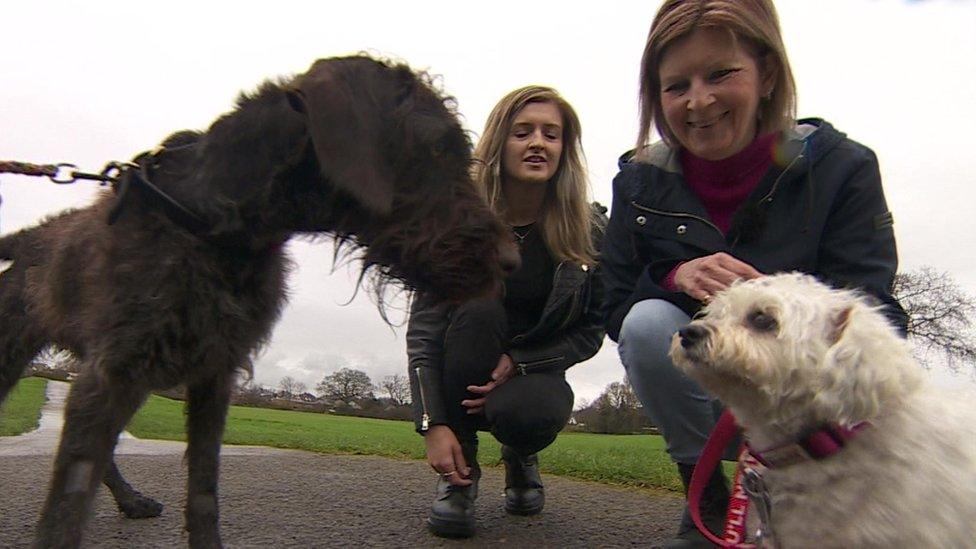UK's smartest dog wanted by university
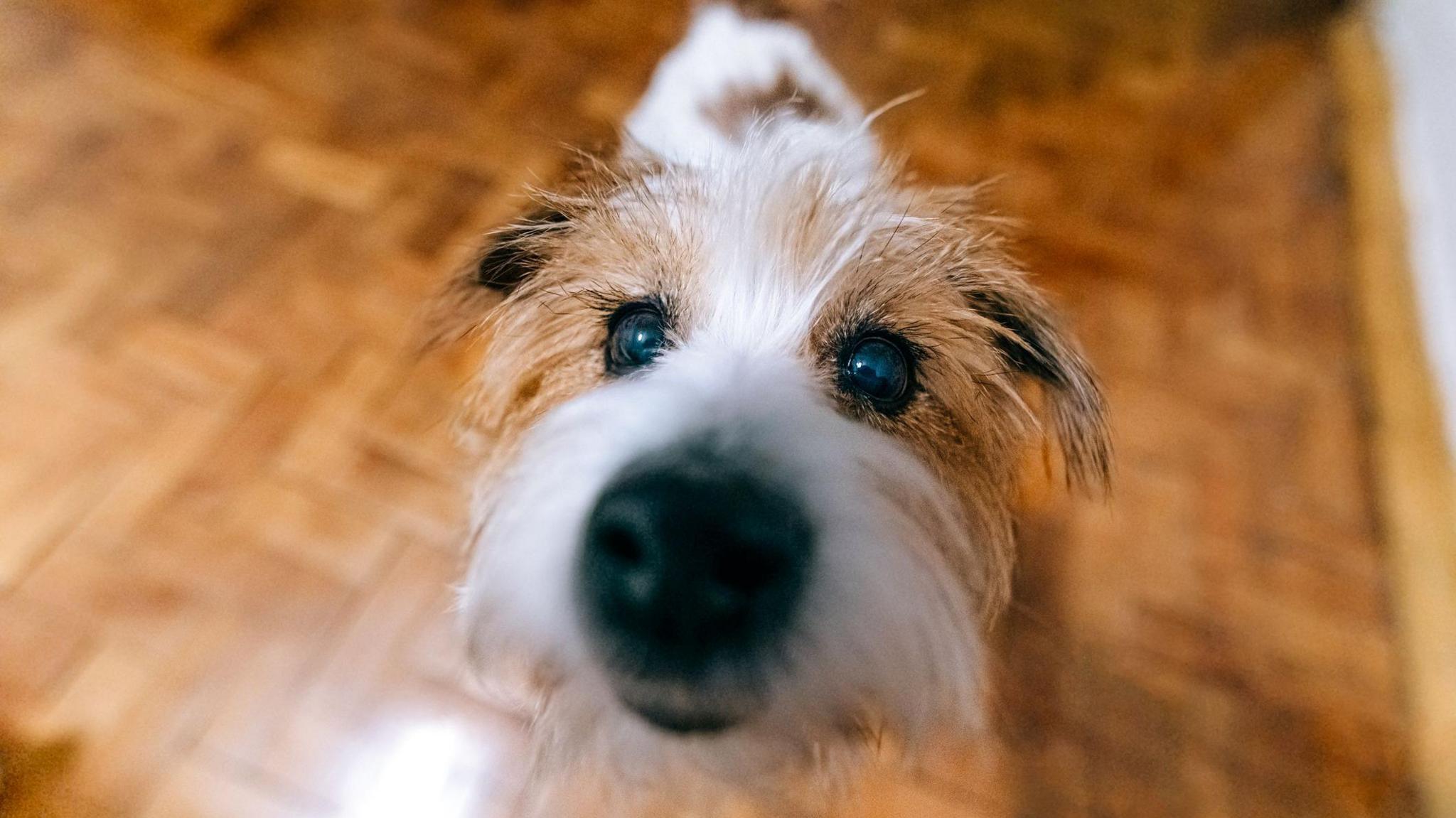
Dogs can be any breed or age to take part in the non-invasive research
- Published
A university is renewing its appeal to find the UK's smartest dog.
The Dog Cognition Centre at the University of Portsmouth in Hampshire is exploring how dogs learn to associate words with objects as part of a new project.
Hundreds of hounds have already taken part in similar research at the centre.
To participate, a dog must be able to recognise more than 20 objects by name - ideally toys.
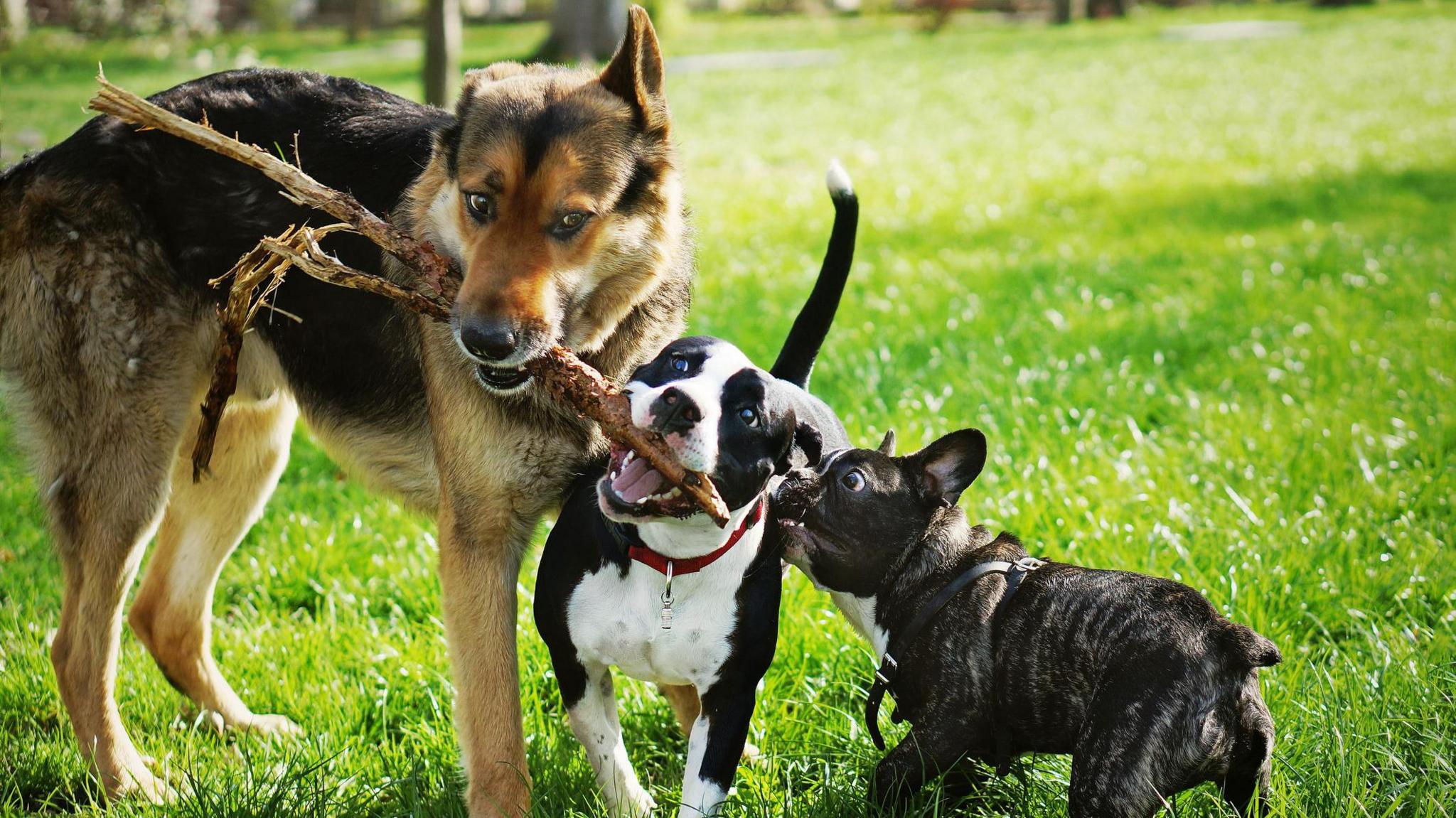
Researchers will watch the dogs as they complete tasks
The non-invasive study will see psychologists observe the canines as they solve tasks and take part in games.
Pooches will then rewarded with food or play.
A large sample of dogs is required for the research, according to the university.
Dr Juliane Kaminski, director of the Dog Cognition Centre, said they were looking to hear from anyone who believed their pet met the criteria.
“While we’re looking for a rare group of dogs, they can be any breed or age," she added.
Any breed or age
Ms Kaminski's pioneering research into dog cognition began with a gifted border collie named Rico.
Over 20 years ago, she devised a test showing he could label 200 items and recall words for weeks after being taught them.
Rico went on to inspire a citizen science project, Finding Rico, which was launched in 2021 with the goal of locating and studying other intelligent dogs.
Led by Dr Leanne Proops, associate professor in animal behaviour and welfare, the latest study aims to shed some light on how human language evolved.
Other projects have resulted in the discovery of new muscles around dogs', external eyes, which the team hypothesised had formed to better communicate with humans.
The research showed dogs moved their eyebrows significantly more when people were looking at them, suggesting they were doing "puppy dog eyes" to trigger a nurturing response in humans.
Follow BBC South on Facebook, external, X (Twitter), external, or Instagram, external. Send your story ideas to south.newsonline@bbc.co.uk, external or via WhatsApp on 0808 100 2240, external.
Related topics
More on dogs
- Published15 May 2024
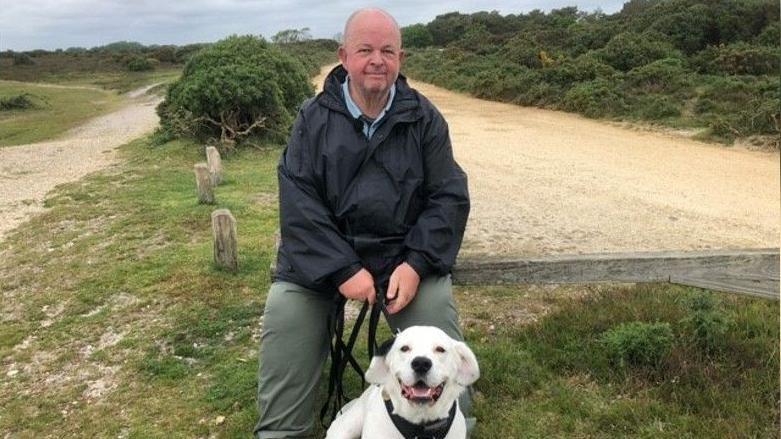
- Published15 April 2024
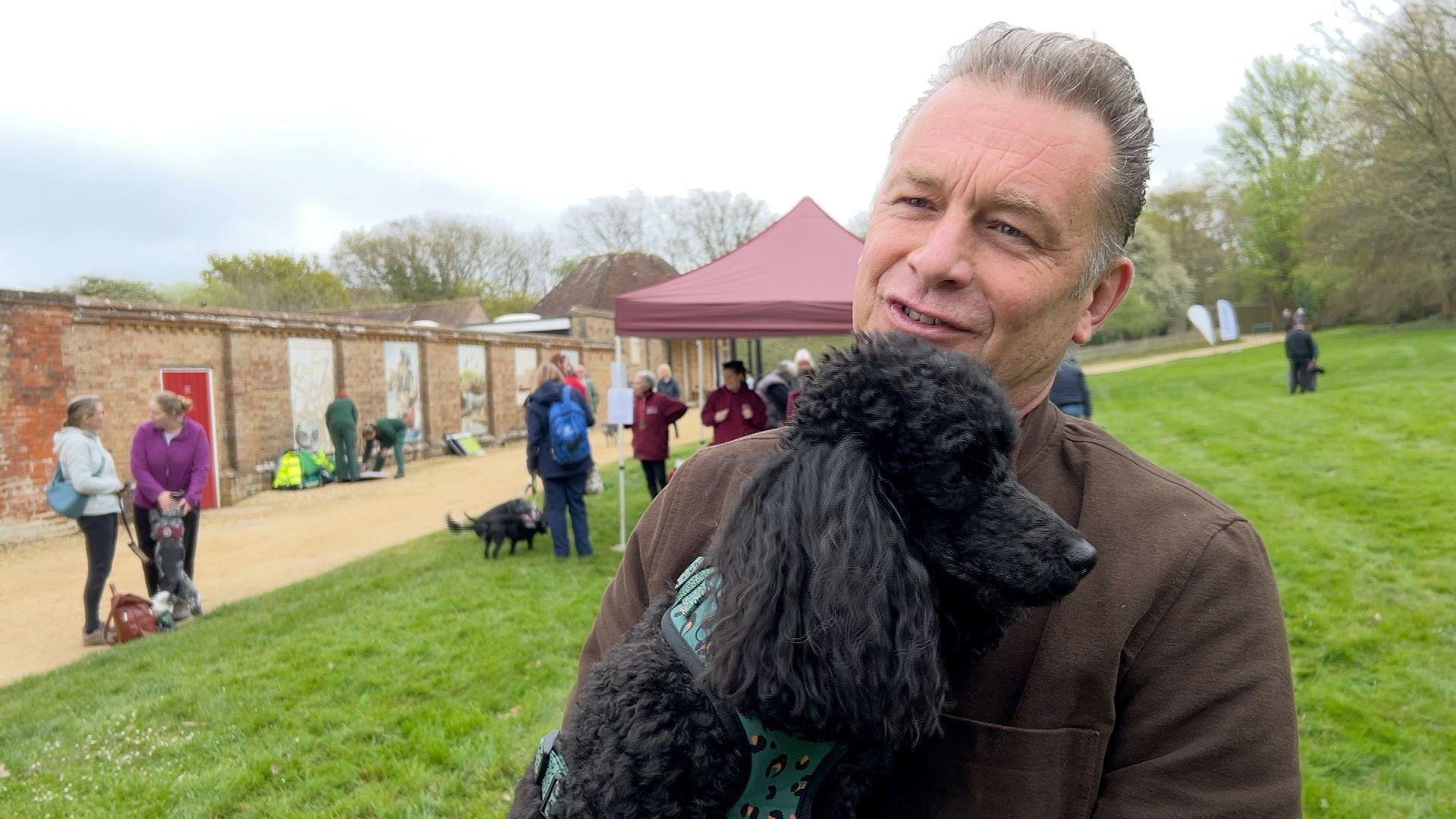
- Published18 March 2024
